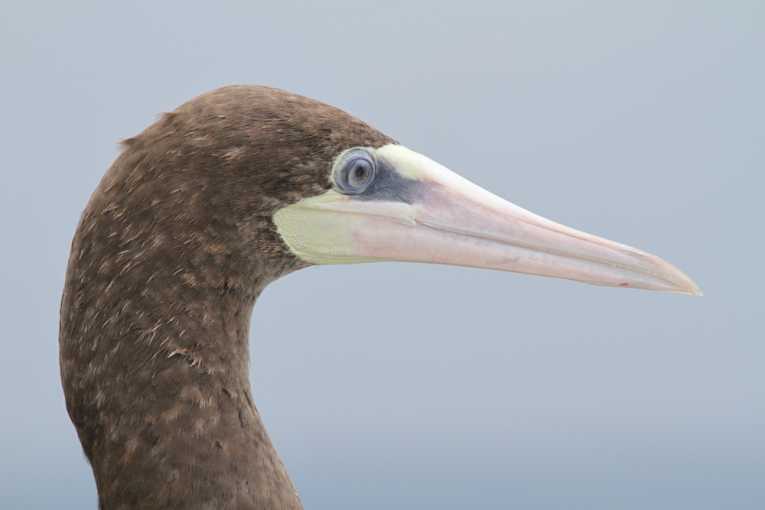An international group of scientists have researched an age-old problem of genetic diversity on islands. E. Gomez-Dıaz, J. Morris-Pocock, J. Gonzalez-Solıs and K. D. McCoy write today in the Royal Society journal Biology Letters. The brown booby, Sula leucogaster, and the Cape Verde shearwater, Calonectris edwardsii, along with two other birds, were used to detect how island genetic divergence is affected by animals that have ready access to "travel." The animals concerned were their ticks and the travel of course was that afforded by the birds as they flew around the Atlantic and lands around it.
The seabird hosts were proved to be responsible for the ticks' genetic diversity, with little island effects. Darwin (who briefly visited here) and many others have used islands as evolutionary evidence because "genetic drift" causes species of animal or plant to become more variable than they would be in a large interbreeding population (such as on a large continental mass).
Hawaii, with one of the most distinct flora and fauna on earth, is possibly one of the best examples of such unique genetic diversity. However, although this happens on Cape Verde with birds and many other animals, the ticks have escaped this genetic trap.
There was a very high diversity within 77 of the local tick population from the Ornithodoros capensis species complex, a soft tick of the Argasidae group. This tick parasitizes at least 12 families of seabird around much of the tropics and temperate regions.

Study colonies in the Cape Verde Archipelago, and the two main seabird host species studied: (i) Sula leucogaster and (ii) Calonectris edwardsii. The Cape Verde islands of Raso (left) and Curral Velho (right) were used for the study; Credit and Copyright: The Royal Society, Biology Letters
South America, the North Atlantic and the Indian Ocean unexpectedly provide the tick stock on these birds, showing almost the whole range of the many bird species that are parasitized. Many colonisations from these sources have occurred, possibly using the more mobile, non-breeding and immature birds. It was a surprise to see that the tick could, at least occasionally, cross-over between bird species.
The two islands studied differed in tick population, although the ticks must have used more than one host bird. Conclusions about the ticks may be very useful when studying similar parasites such as avian malaria. If Cape Verde represents an island hot-spot of diversity, this high frequency of seabirds dispersing such organisms over very large areas is downright dangerous! The birds speciate in a similar but less extreme way, but their passengers are capable of infecting and dispensing further disease at a truly alarming rate.










